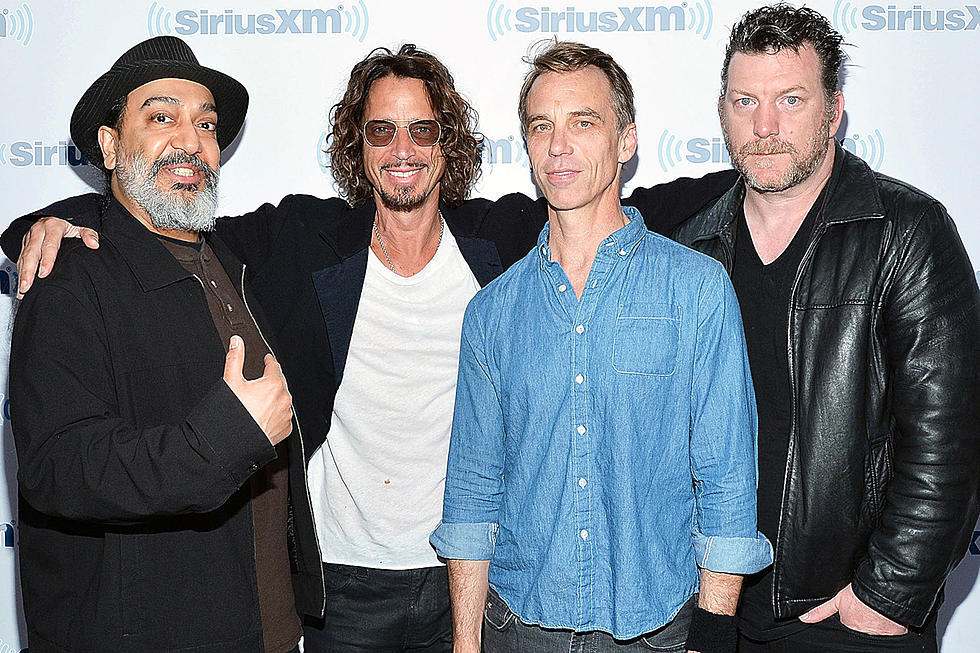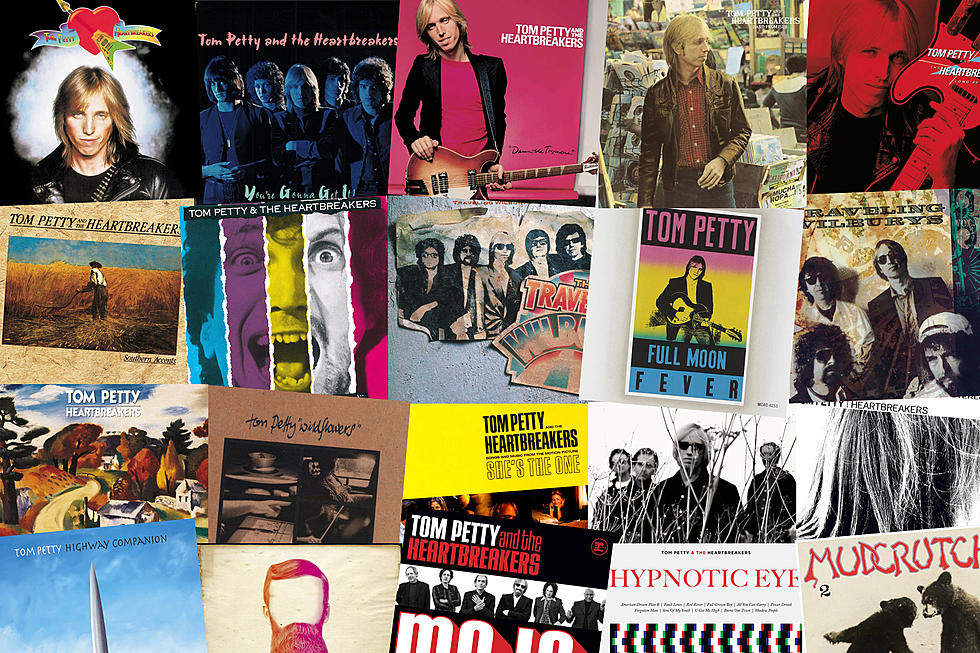
Tom Petty, Soundgarden, Hole Lawyers Launch Lawsuit over Universal Master Tapes Fire
Lawyers representing the estate of Tom Petty, Soundgarden, Steve Earle, Hole and others launched a class-action lawsuit against Universal Music Group over the 2008 fire in which hundreds of thousands of master tapes are thought to have been destroyed.
Reports earlier this month suggested that Universal had underplayed the extent of the damage done when a warehouse burnt down on a studio backlot. Some artists later said they hadn’t been informed about the status of their recordings, and CEO Sir Lucian Grainge responded by vowing that his management team would “own” the situation and provide all answers.
Variety reported it had obtained a copy of the legal papers, in which a claim was made for “50% of any settlement proceeds and insurance payments received by UMG for the loss of the Master Recordings, and 50% of any remaining loss of value not compensated by such settlement proceeds.”
The lawsuit alleged that the label “did not protect the Master Recordings that were entrusted to it” and “did not take ‘all reasonable steps to make sure they are not damaged, abused, destroyed, wasted, lost or stolen.’” UMG also did not “speak up immediately” over “abuse or misuse of assets,” the paperwork claimed, further arguing that the warehouse was “inadequate, substandard” and “a known firetrap.” Adding the claim that UMG had “concealed the loss with false public statements,” the document continued: “To this day, UMG has failed to inform Plaintiffs that their Master Recordings were destroyed in the Fire.”
Some commentators said that the lawsuit would not be an easy position to prove, since the destroyed tapes were almost certainly the property of UMG rather than the artists who’d made them, as a result of their recording contracts. “The issue is: Who owns the thing that was lost?” one attorney told Variety. “[I]n the vast majority of recording agreements, it’s owned by the record company. So even if the copyright in the sound recording reverted to the artist, the physical master tape is different… even if the recording agreement didn’t specify who owns it, because it was paid for the record company there’s a very strong argument that the record company owns it.”
However, the lawsuit suggested that the artists had a “contractual entitlement” to 50% of any payments made to UMG as reparation for the loss, and also claimed that the label had concealed the $150 million they’d received, “apparently hoping it could keep it all to itself by burying the truth in sealed court filings and a confidential settlement agreement.”
The Best Albums From More Than 100 Classic Rock Acts
More From Ultimate Classic Rock









